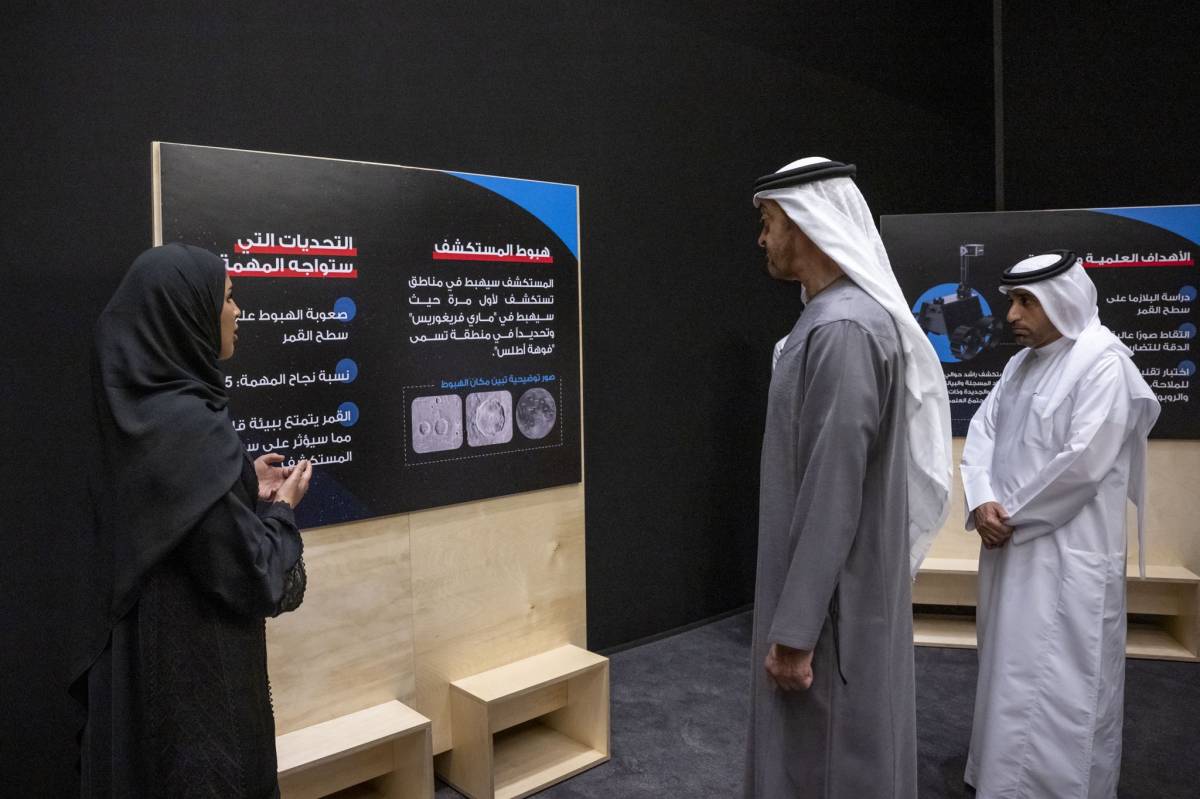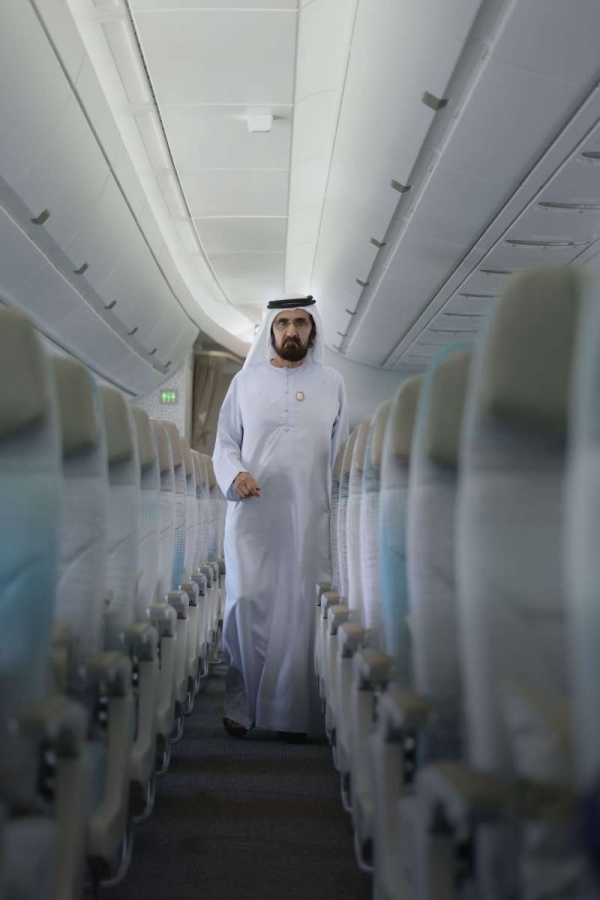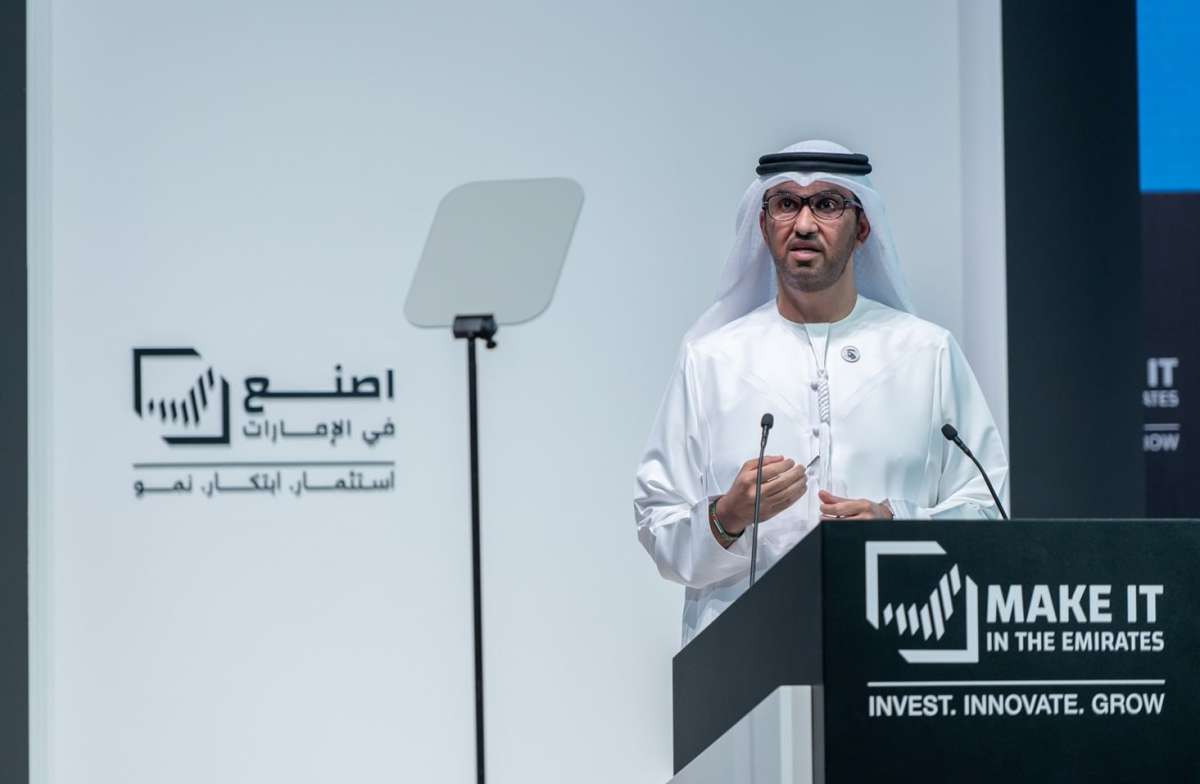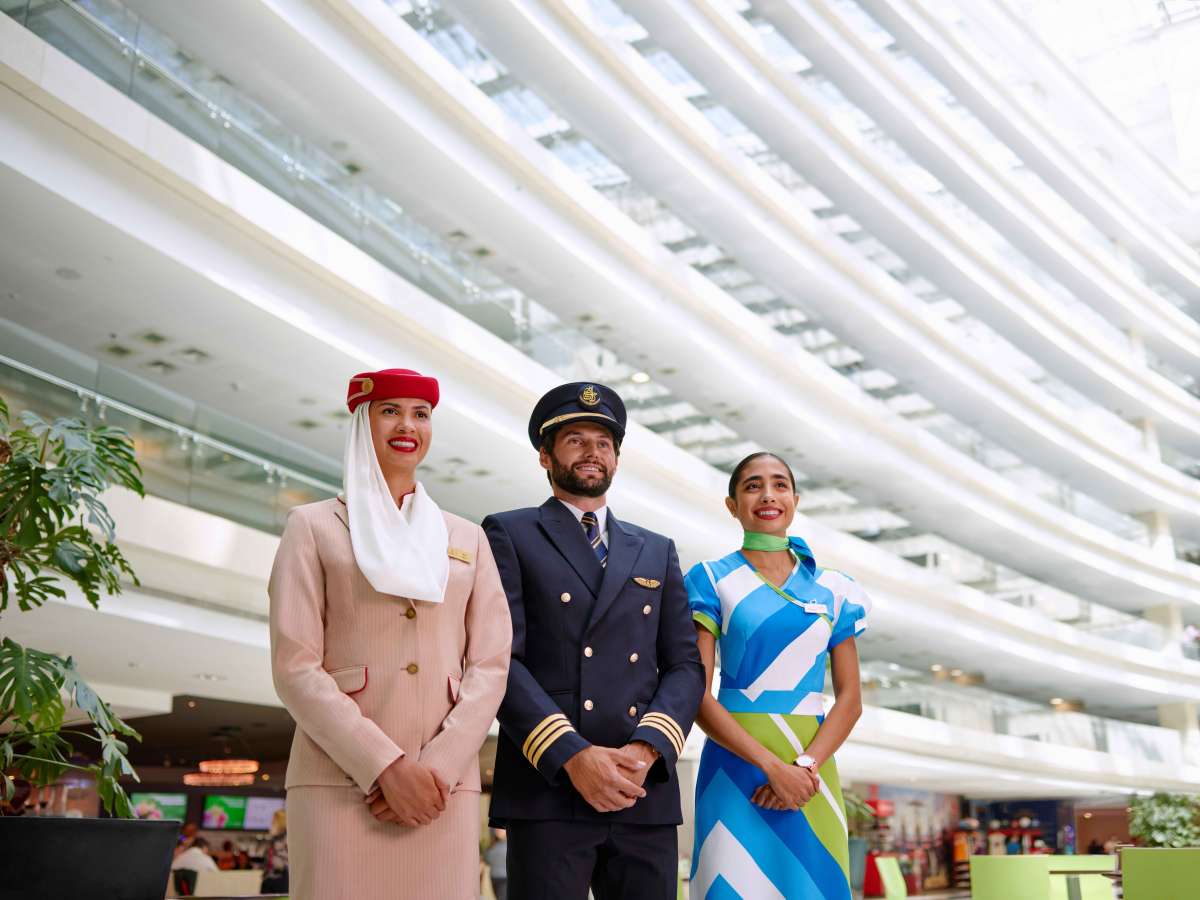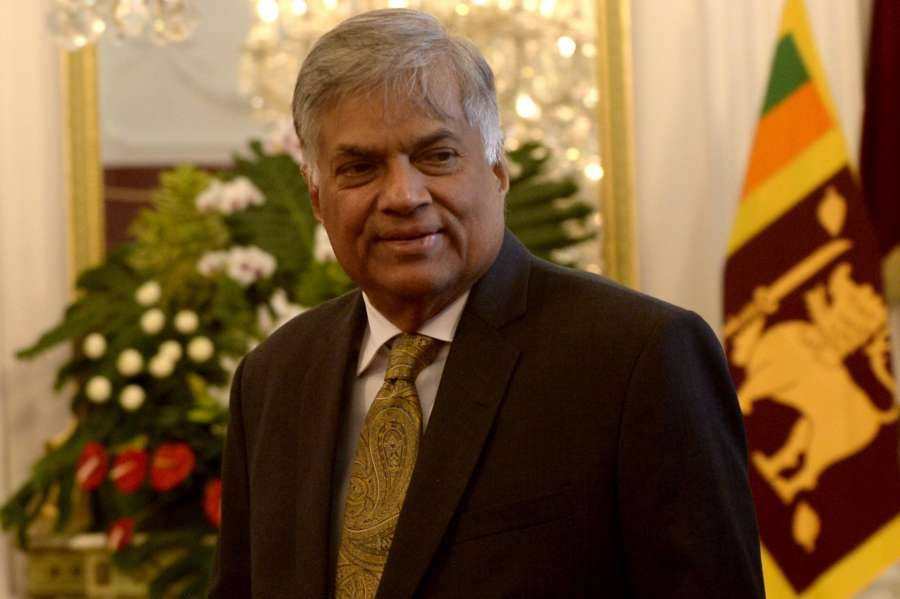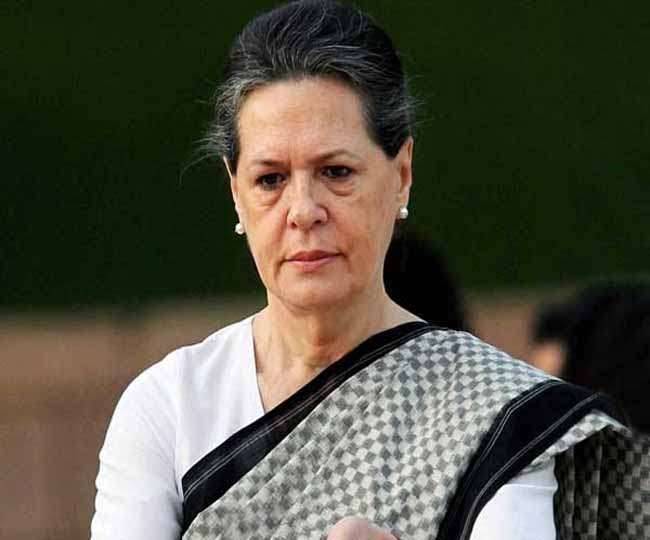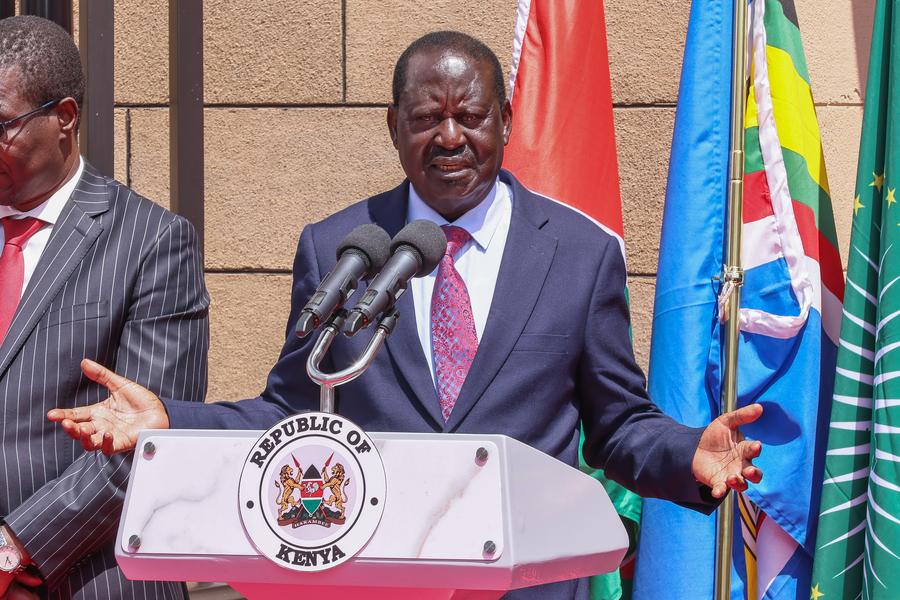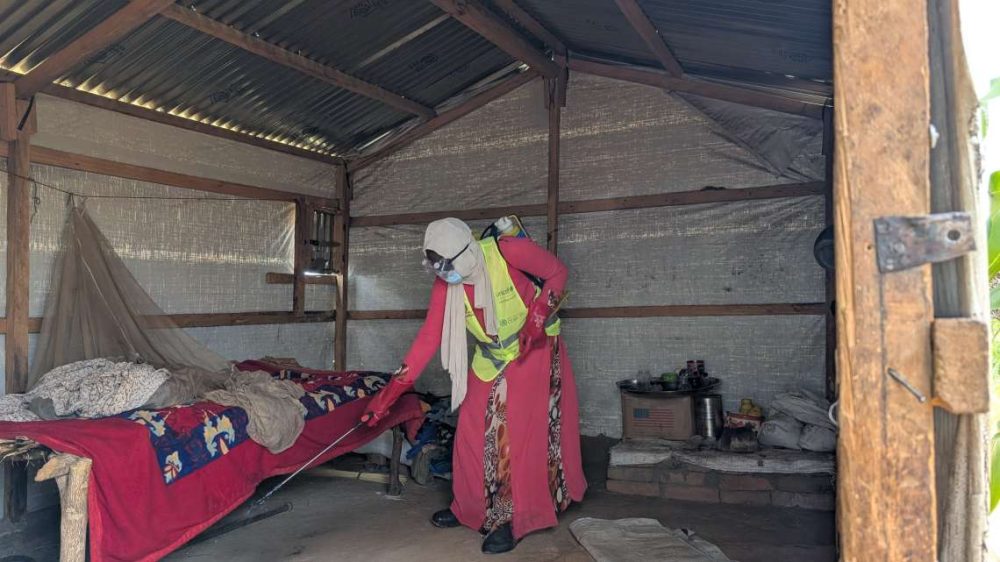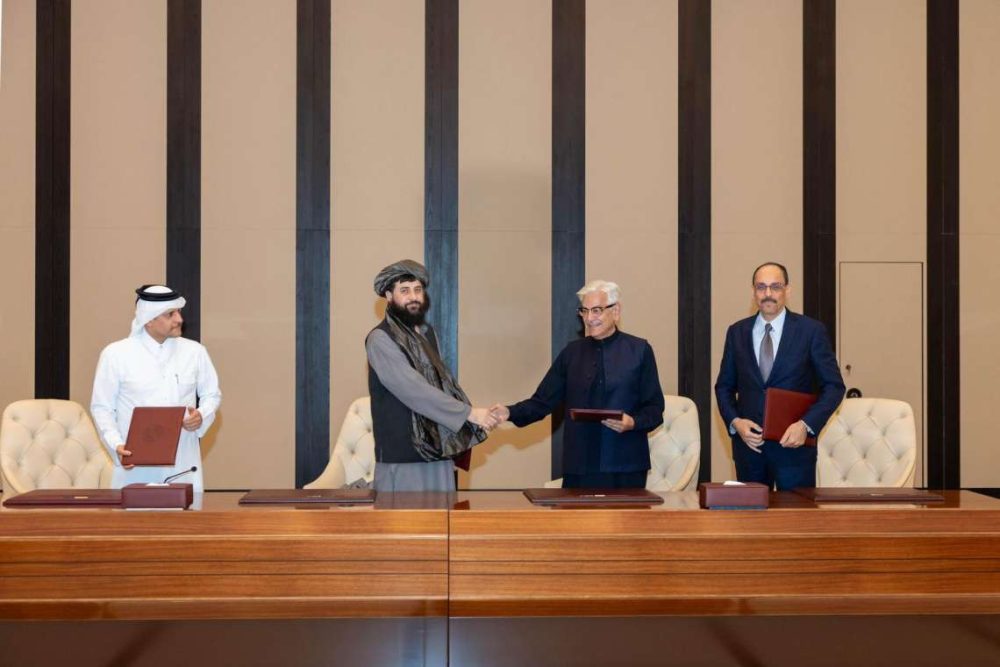Japan-based Ispace Inc. said it has made “steady progress” in assembling the flight model, which is undergoing final testing now in Germany, reports Asian Lite Newsdesk
The UAE’s mission to the Moon is on track for launch in November, as the Japanese lander that will deliver the Rashid rover to the lunar surface is undergoing final testing, media reported.
Ispace inc, Japan-based private company behind the Mission 1 Hakuto-R lander, announced a launch window. The mission will launch on a SpaceX Falcon 9 from Cape Canaveral, Florida.
The UAE’s rover is named after the late Sheikh Rashid bin Saeed Al Maktoum, former Ruler of Dubai.
“Upon its deployment from the rocket, the M1 lander will then carry multiple commercial and government payloads including two rovers to the surface of the moon,” reports quoted the company as saying.
The company said it has made “steady progress” in assembling the flight model, which is undergoing final testing now.
“We have made steady progress assembling the flight model — it is undergoing final testing now — and today I am pleased to share with you that our launch window has been set for as early as this November,” said Takeshi Hakamada, chief executive of ispace.
“We believe Mission 1 will be the turning point in the commercial space exploration. It goes without saying that the technical data and experience gained from Mission 1 are extremely important for future lunar missions around the world, including our Mission 2, to be more reliable.”
MBRSC joins global space consortium
The Mohammed Bin Rashid Space Centre (MBRSC) has officially joined the Space Climate Observatory (SCO) International, a global consortium of space agencies and organisations led by the National Centre for Space Studies (CNES) that seeks to coordinate worldwide efforts to accurately monitor the impact of climate change.
The initiative to join the charter forms part of the cooperation between the UAE and France on future space endeavours.
In joining the SCO International, MBRSC has committed to sharing with the international space community information from the DMSat-1 satellite, Dubai Municipality’s first atmospheric monitoring satellite launched in 2021.
Using data from the satellite, Dubai Municipality has been actively promoting measures to protect the environment, thereby significantly raising Dubai’s profile as a global model for sustainable development.
As part of fulfilling the obligations of MBRSC’s membership in the SCO, Dubai Municipality has already started generating significant data and findings from DMSat-1, which since its launch, has played a key role in monitoring the UAE’s atmospheric aerosols and greenhouse gases and chemicals, substances that have influenced climate change across the world.
Salem AlMarri, Director-General of the MBRSC, has signed the SCO’s charter, paving the way for the UAE’s official membership in the international network.
“This is a significant step, undertaken in partnership with Dubai Municipality, towards fulfilling our mission to initiate collaborations with international organisations to use the data we collect from DMSat-1. Our efforts will contribute to global efforts to monitor the impact of climate change, a critical issue that is vital to the sustainability of the planet and the survival of mankind,” he said.
AlMarri noted that the scale and magnitude of the impact of climate change necessitates a collaborative effort from all stakeholders, such as the SCO International’s important work in gathering data from satellites to help formulate action plans that will ensure the preservation of the planet for present and future generations.
“It is an honour to be a part of a global initiative and to join hands with Dubai Municipality to put the UAE at the forefront of such efforts,” he added.
The development of DMSat-1 forms part of the UAE’s commitment to the terms of the Paris Climate Agreement, which calls for providing data on greenhouse gas emissions from signatory countries, as well as building national capacities in studying and analysing global warming.
The satellite’s launch and operations are part of the Dubai Clean Energy Strategy 2050 and UAE Energy Strategy 2050. The data collected by the satellite will also contribute significantly to the implementation of the national system for managing greenhouse gas emissions within the framework of the UAE National Plan for Climate Change 2017-2050.
Currently, all European space agencies support the SCO International, which has national chapters in Russia, China, Japan, India, Morocco and the UAE. Members have committed to making satellite data in their possession accessible to the entire organisation, as well as the international community, to help in the assessment and monitoring of the global impact of climate change.
In addition to providing transparent and verified satellite data on climate change, the SCO will also aid in the development of useful toolkits and services that will advance computing capacities for analysing specialised data on climate change.


